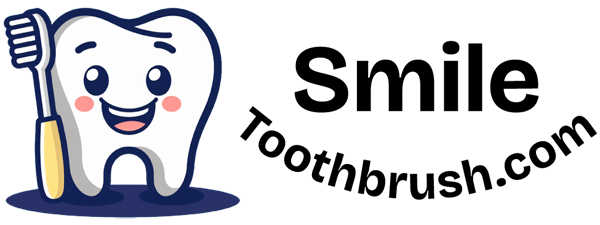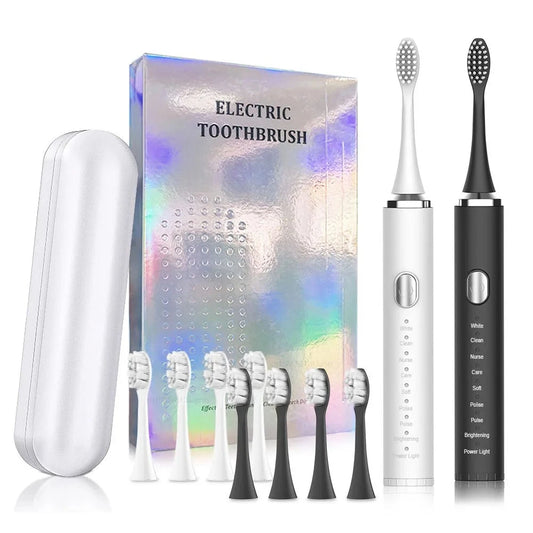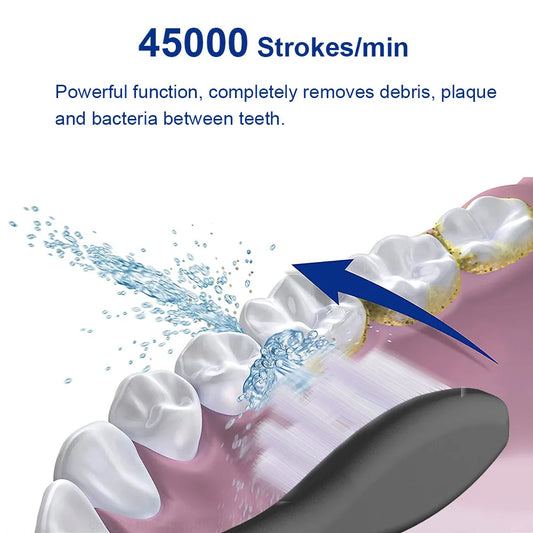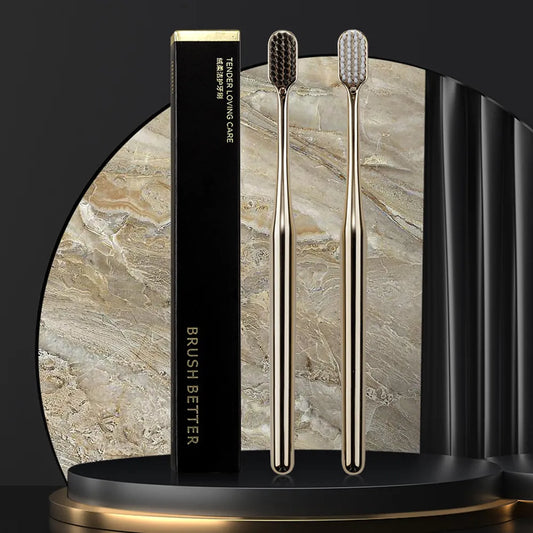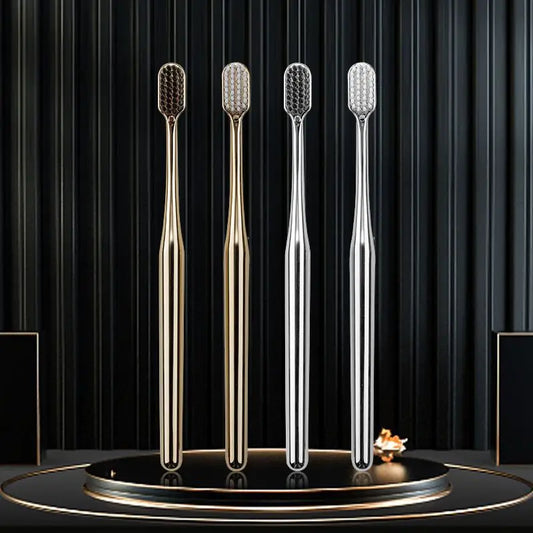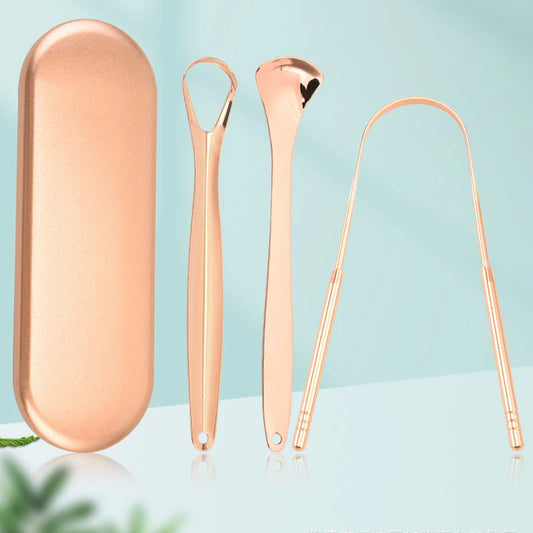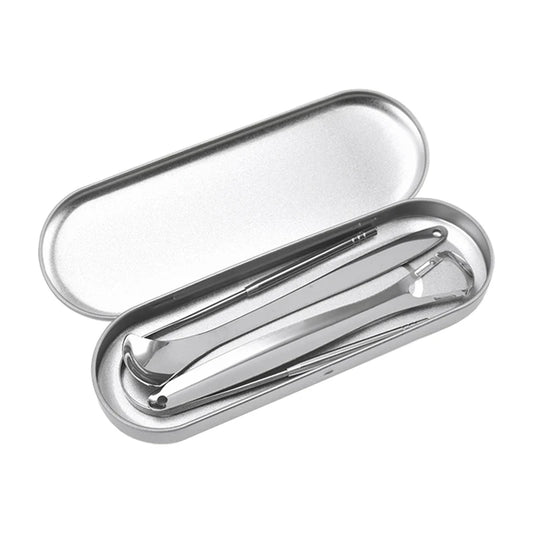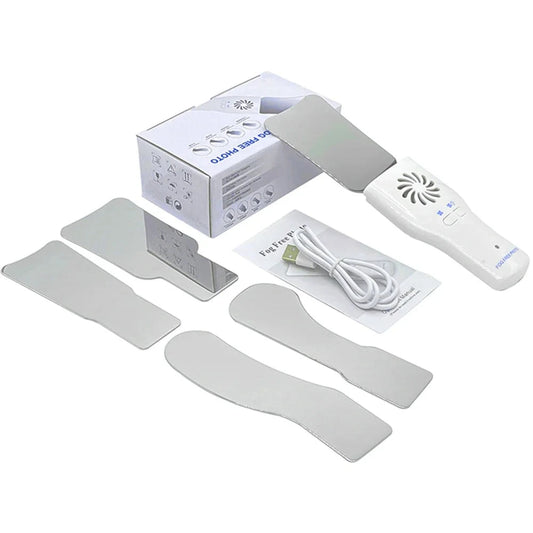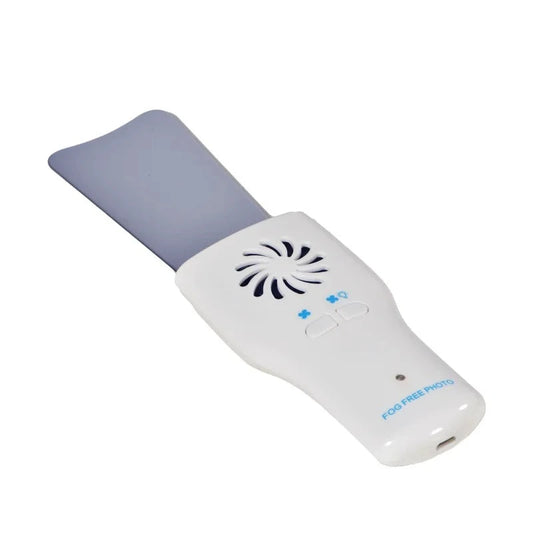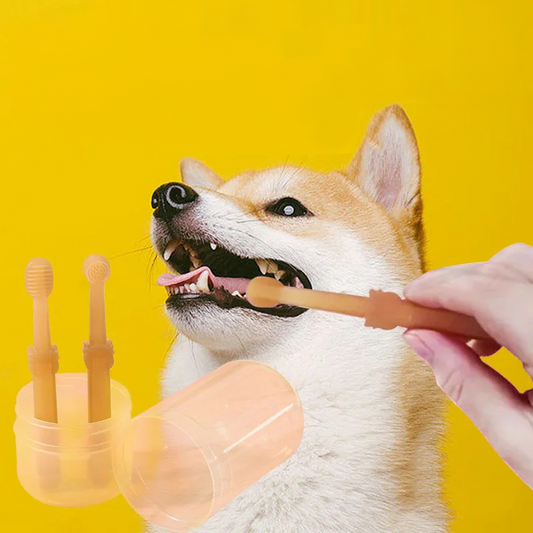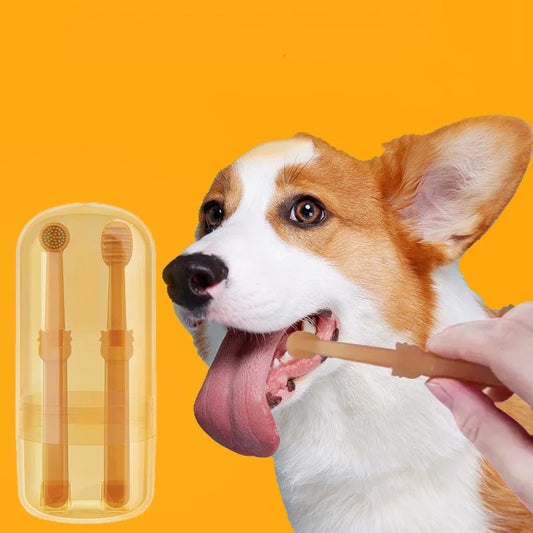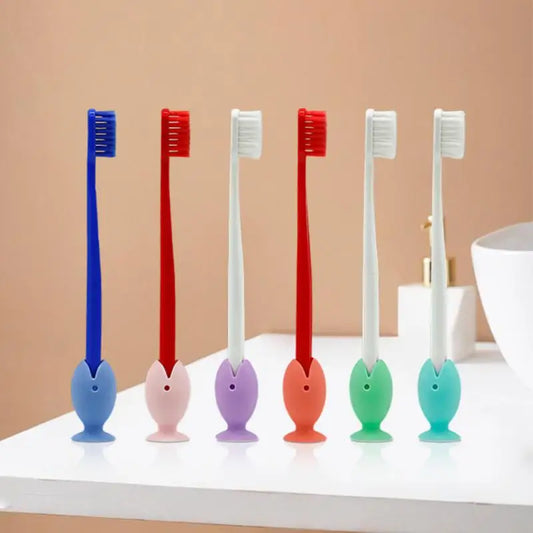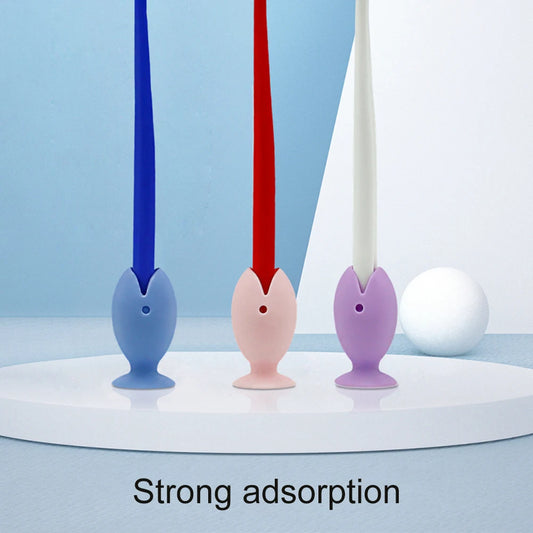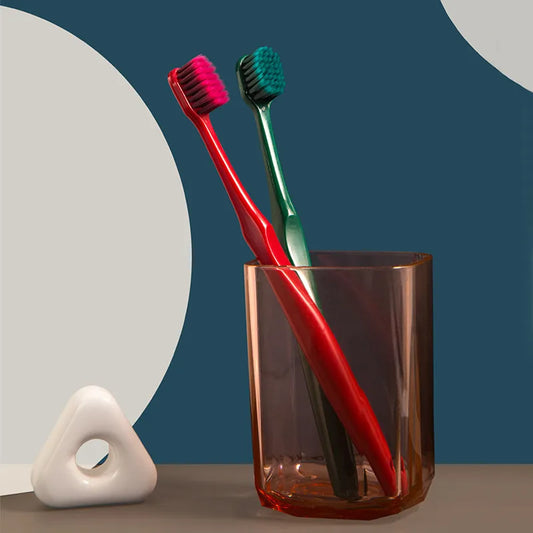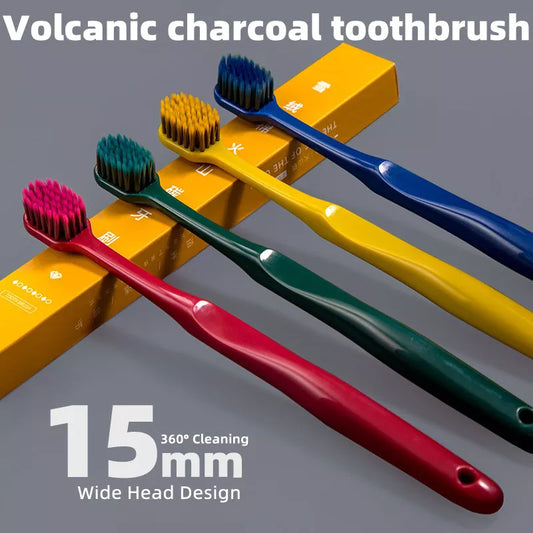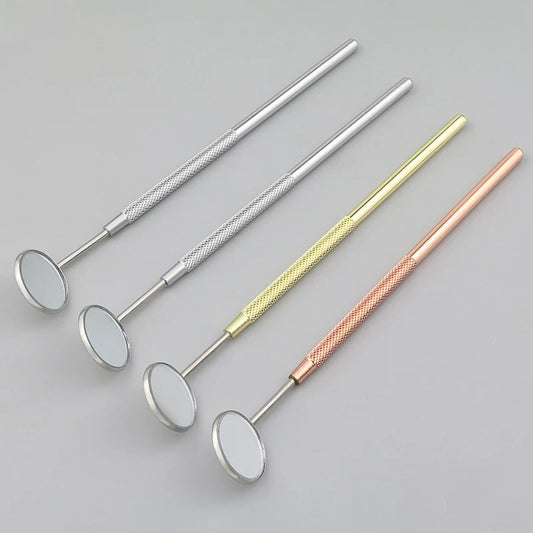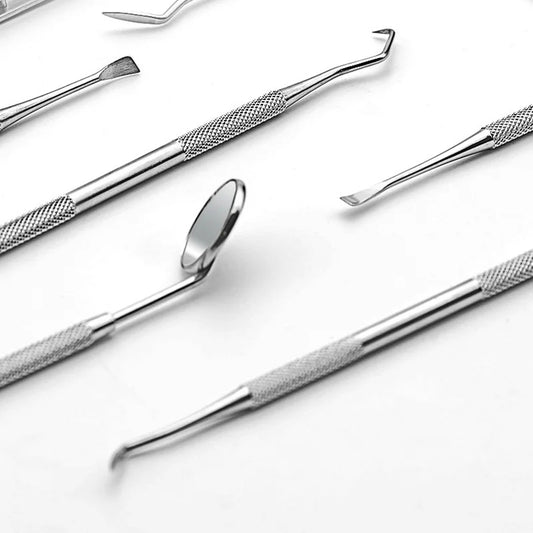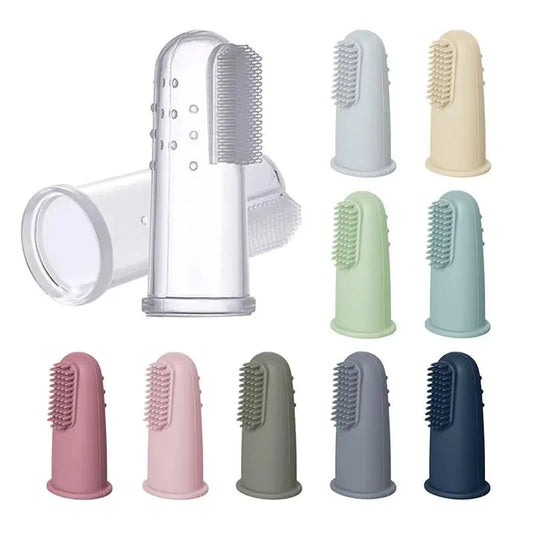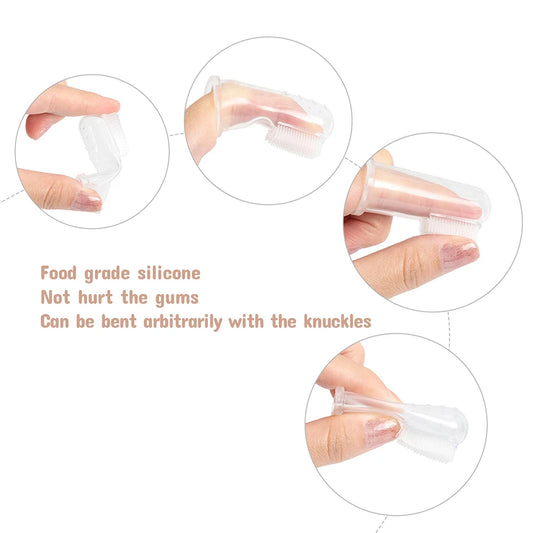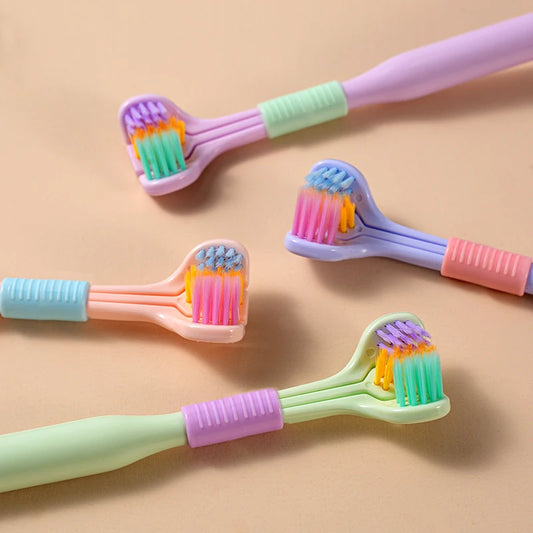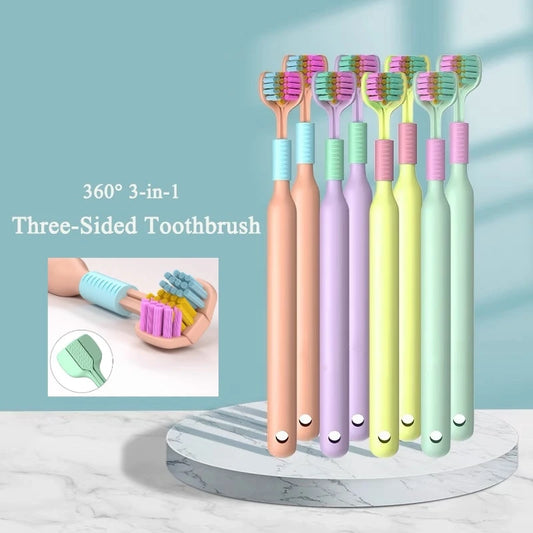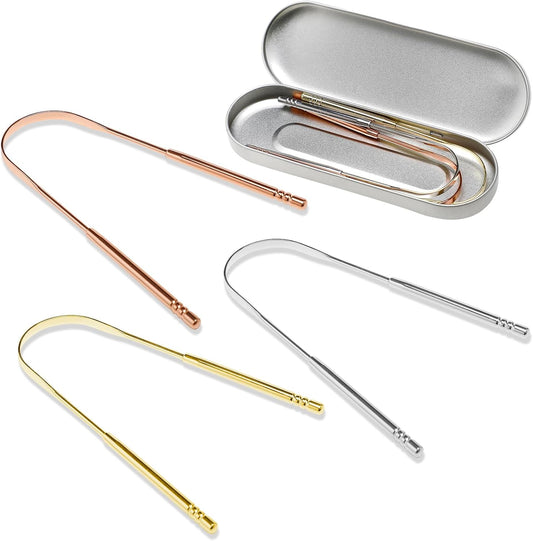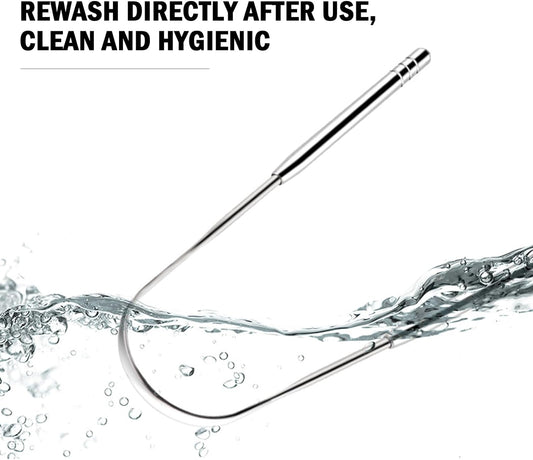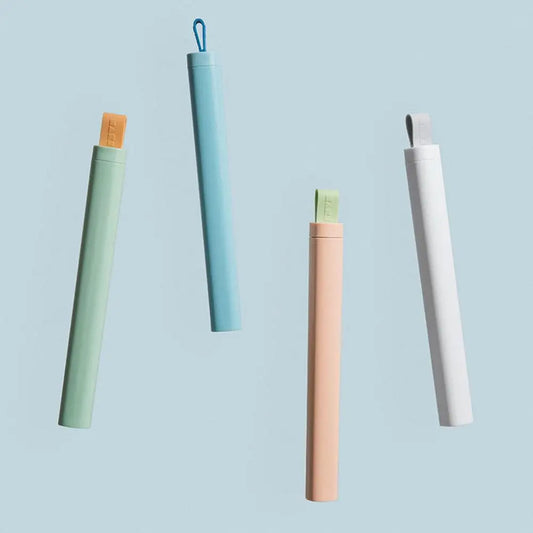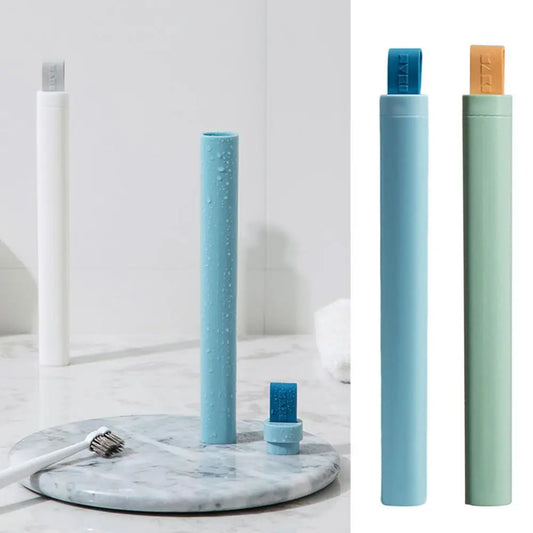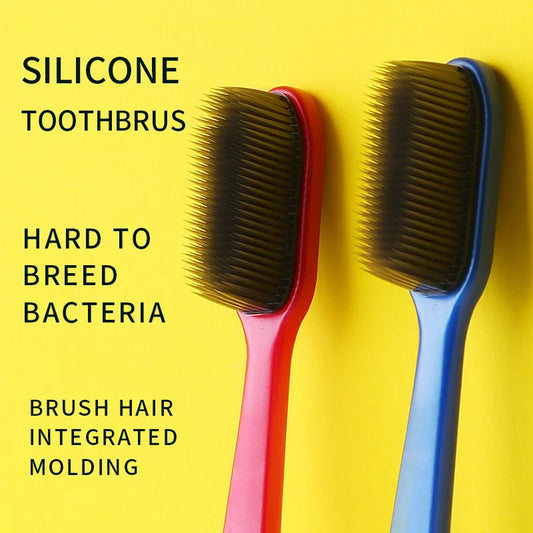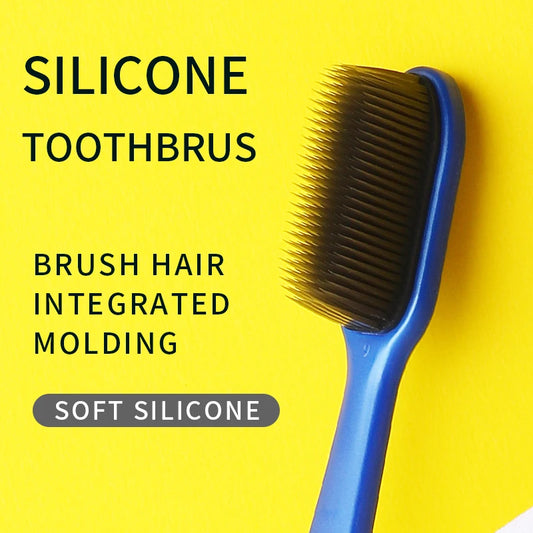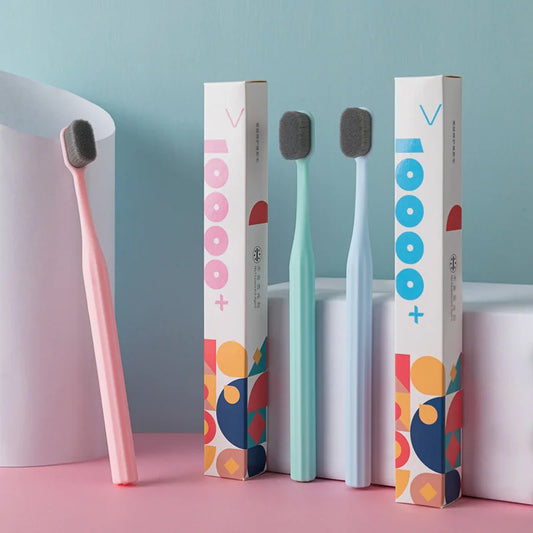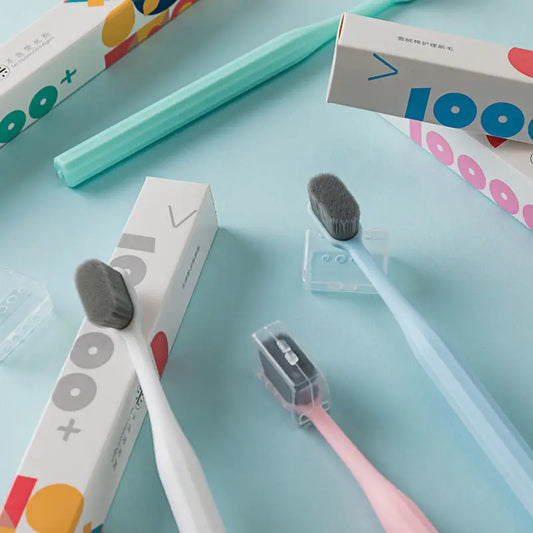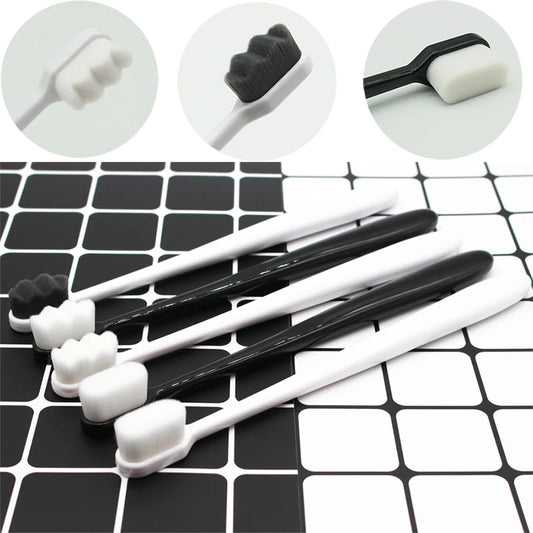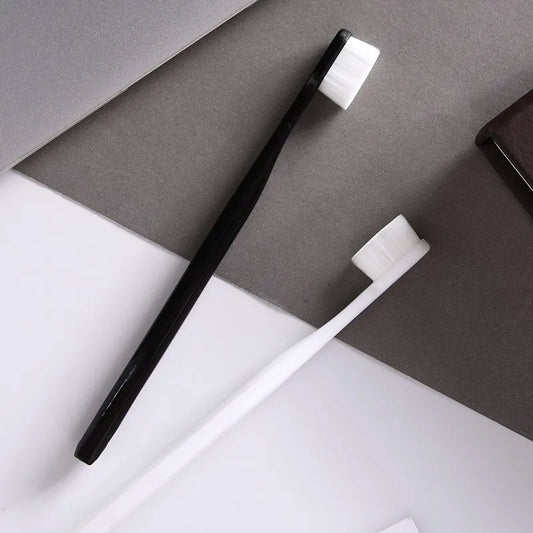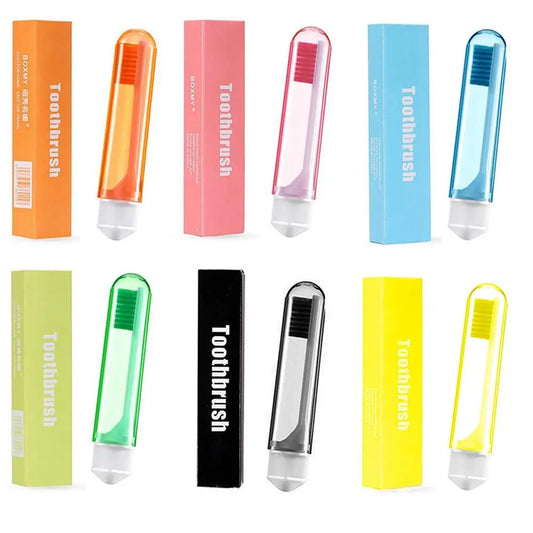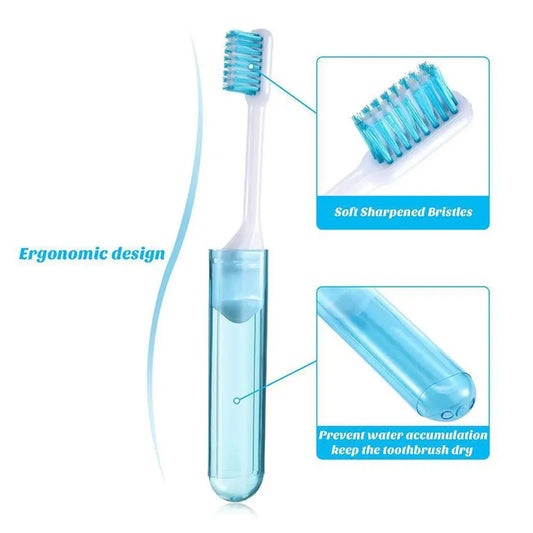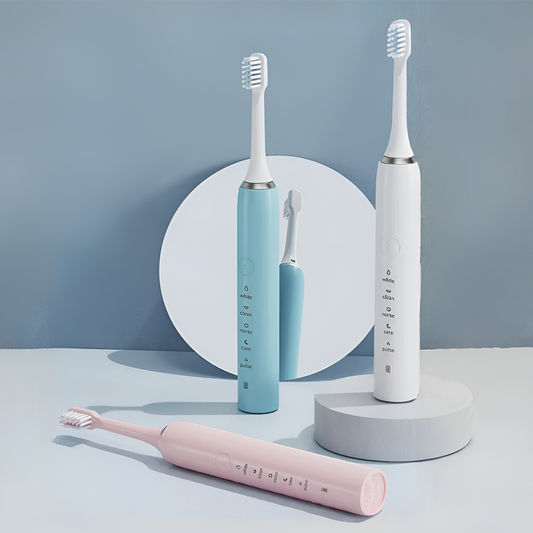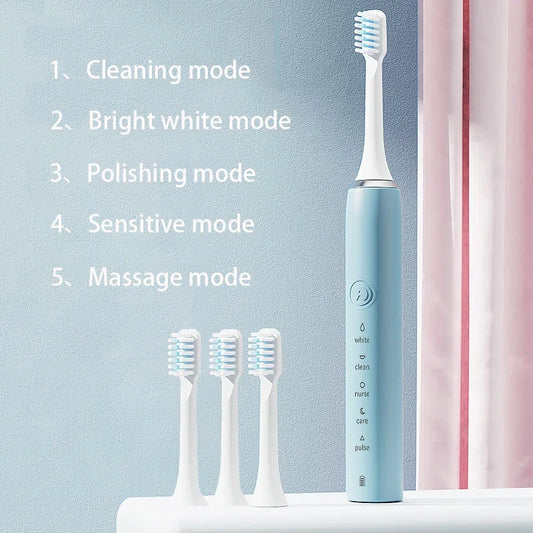When it comes to maintaining good oral hygiene, choosing the right toothbrush bristle material is just as important as regular brushing.
With a plethora of options available, understanding the different materials and their impact on cleanliness is crucial for optimal dental care.
In this ultimate guide, we'll explore the various toothbrush bristle materials and how they contribute to keeping your teeth clean and healthy.
Nylon Bristles:
Nylon bristles are the most common type found in toothbrushes today. They are durable, flexible, and come in different textures to suit individual preferences.
Nylon bristles effectively remove plaque and debris from the teeth and gums, making them a reliable choice for everyday oral care. However, it's essential to replace nylon bristle toothbrushes regularly to prevent bacterial buildup and maintain optimal cleanliness.
Silicone Bristles:
Silicone bristles are gaining popularity for their gentle yet effective cleaning action. These soft, flexible bristles massage the gums and clean teeth without causing irritation or damage to enamel.
Silicone bristles are also non-porous, making them resistant to bacterial growth and easy to clean. Toothbrushes with silicone bristles are an excellent choice for individuals with sensitive gums or those prone to gum recession.
Bamboo Charcoal-Infused Bristles:
For eco-conscious consumers, bamboo charcoal-infused bristles offer a sustainable and effective alternative. Bamboo charcoal has natural antibacterial properties that help inhibit the growth of odor-causing bacteria on the bristles.
Additionally, the activated charcoal absorbs toxins and impurities, leaving teeth feeling clean and refreshed after each brush. Choosing toothbrushes with bamboo charcoal-infused bristles not only promotes oral health but also reduces environmental impact.
PBT Bristles (Polybutylene Terephthalate):
PBT bristles are a type of synthetic polymer bristle known for their durability and resistance to wear and tear.
These bristles maintain their stiffness over time, making them effective for removing plaque and debris from the teeth. PBT bristles are often used in toothbrushes designed for long-term use, offering consistent cleaning performance.
PP Bristles (Polypropylene):
PP bristles are another type of synthetic polymer bristle known for their flexibility and gentle cleaning action. These soft bristles are ideal for individuals with sensitive gums or those seeking a more gentle brushing experience. PP bristles effectively clean teeth while minimizing irritation to the gums and enamel.
PET Bristles (Polyethylene Terephthalate):
PET bristles are a common material used in toothbrushes due to their affordability and versatility. These bristles offer a balance between stiffness and flexibility, providing effective cleaning without being too harsh on the teeth and gums. PET bristles are suitable for everyday use and are available in various textures to suit individual preferences.
Boar Bristle:
Boar bristle toothbrushes feature bristles made from natural boar hair. These bristles are known for their softness and ability to gently massage the gums while effectively cleaning the teeth. Boar bristle toothbrushes are favored by some individuals for their natural feel and luxurious brushing experience.
Carbon Fiber Bristles:
Carbon fiber bristles are a relatively new innovation in toothbrush technology. These bristles are infused with carbon particles, which provide additional strength and stiffness for thorough cleaning. Carbon fiber bristles are highly durable and resistant to bending, offering superior plaque removal and stain prevention.
PLA Bristles (Polylactic Acid):
PLA bristles are a biodegradable alternative to traditional plastic bristles, making them an eco-friendly choice for toothbrushes. PLA is derived from renewable resources such as cornstarch or sugarcane, making it biodegradable and compostable. PLA bristles effectively clean teeth while minimizing environmental impact, making them a sustainable option for eco-conscious consumers.
Biodegradable Bristles:
As awareness of plastic pollution grows, many toothbrush manufacturers are now offering biodegradable bristle options made from materials like bamboo or cornstarch. These eco-friendly bristles break down naturally over time, reducing plastic waste and environmental pollution. While biodegradable bristles effectively clean teeth, it's essential to ensure that the toothbrush handle is also made from sustainable materials for a truly eco-friendly choice.
Cleaning and Maintenance:
Regardless of the bristle material, proper cleaning and maintenance are essential for ensuring optimal oral hygiene.
After each use, thoroughly rinse your toothbrush under running water to remove any remaining toothpaste and debris. Allow the toothbrush to air dry in an upright position to prevent bacterial growth.
Additionally, consider periodically soaking your toothbrush in an antibacterial mouthwash or hydrogen peroxide solution to sanitize the bristles.
In conclusion, selecting the right toothbrush bristle material is key to maintaining clean and healthy teeth. Whether you prefer traditional nylon bristles, gentle silicone bristles, or eco-friendly alternatives, understanding the properties of each material will help you make an informed decision for your oral care routine. Remember to replace your toothbrush regularly and practice proper cleaning techniques to ensure optimal cleanliness and hygiene.
